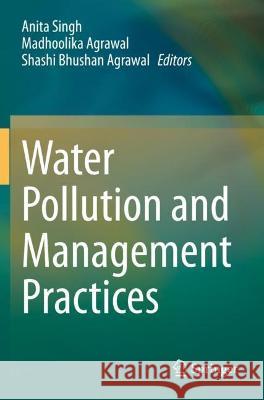Water Pollution and Management Practices » książka
topmenu
Water Pollution and Management Practices
ISBN-13: 9789811583605 / Angielski / Miękka / 2022 / 348 str.
Water Pollution and Management Practices
ISBN-13: 9789811583605 / Angielski / Miękka / 2022 / 348 str.
cena 524,53
(netto: 499,55 VAT: 5%)
Najniższa cena z 30 dni: 501,19
(netto: 499,55 VAT: 5%)
Najniższa cena z 30 dni: 501,19
Termin realizacji zamówienia:
ok. 16-18 dni roboczych.
ok. 16-18 dni roboczych.
Darmowa dostawa!
Kategorie:
Kategorie BISAC:
Wydawca:
Springer
Język:
Angielski
ISBN-13:
9789811583605
Rok wydania:
2022
Ilość stron:
348
Waga:
0.48 kg
Wymiary:
23.39 x 15.6 x 1.83
Oprawa:
Miękka
Wolumenów:
01
Dodatkowe informacje:
Wydanie ilustrowane











